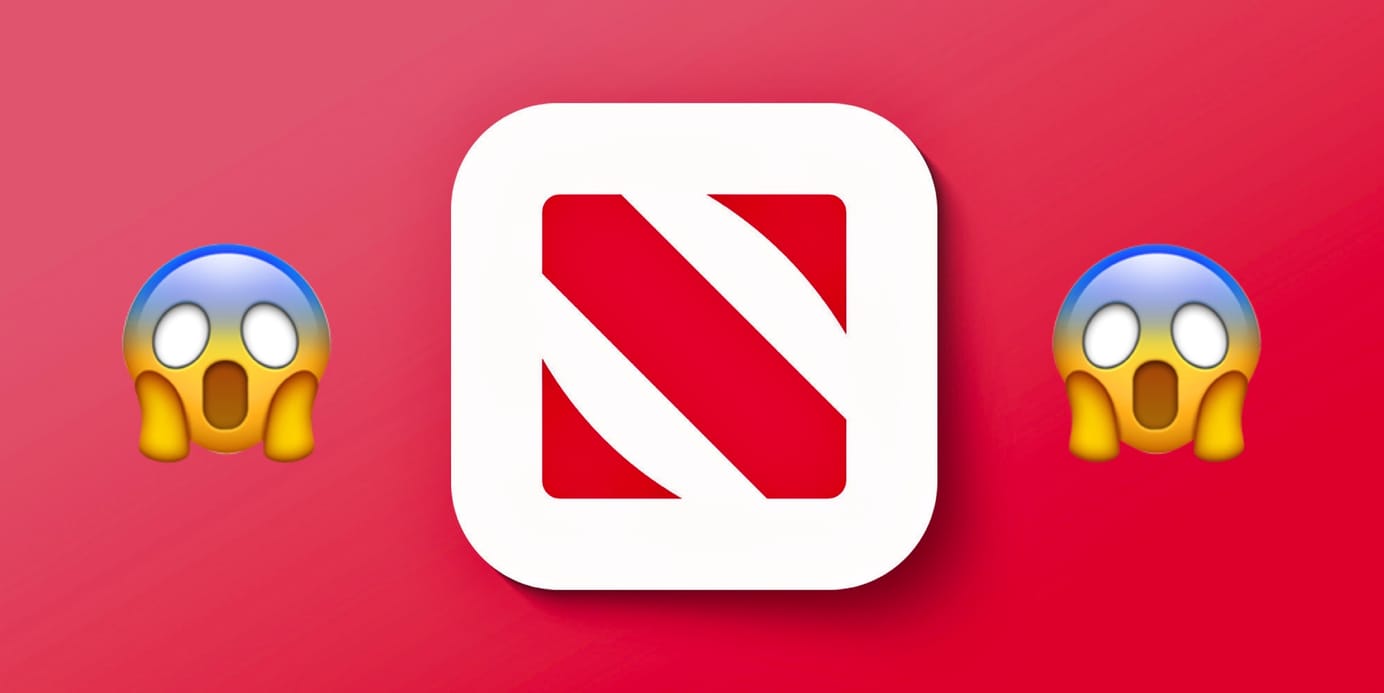LeWeb: Surviving media evolution

Panel
- Ben Huh, Cheezburger
- Michael J. Wolf, Activate
- Frédéric Filloux, Groupe Les Echos
- Host: Cedric Ingrand, Podcaster & resident geek at LCI/TF1
The revenue challenge
Frédéric Filloux: This will be the first year in six years we make a profit. The overall circulation of the title will be the highest for 10 years, with digital being 25% of that. The readership is shifting, though. It went from print to the web, and now from the web to mobile. Mobile is 30% of the readership now, and they expect it to be 50% by the end of the year. Right now they need two digital subscribers to compensate for one print subscriber loss.
Michael Wolf: Everyone is watching more video. The major providers are finding new outlets for that. Shows won’t just be on TV, they’ll be on Netflix and Amazon streaming, They’re finding new places.
Ben Huh: Old media has a very difficult constraint – it needs revenue to survive. For us, revenue just extends our runway. It gives us more time to experiment with new formats.
MW: It’s not about investment – it’s about the user. Frozen is the fifth highest motion picture ever. Someone like Katy Perry still draws a tremendous amount of interest.
BH: Newspapers still sell advertising better than us. Rates from older media are significantly larger than from new media.
FF: the split between high audience, low yield media and the low audience, high yield media has never been greater. But these new businesses are valued far higher than traditional businesses.
MW: Mobile gives readers more opportunities to look for news. People are looking at weather, Facebook, news…
FF: But the revenue for mobile is going to be only 20% of the web. The deflation keeps going.

MW: I don’t think we can say that yet. the monetisation platforms are still new and aren’t very good – they’re just adapted from the web. The word “monetise” is way over-used. It makes it sound like we’re exploiting readers. Old media have no manifest destiny to continue making as much money as they did. Just a few years ago there was a belief that people wouldn’t pay for content on the internet – and now they’re paying for Netflix and Amazon Prime. It doesn’t have to be about advertising.
BH: Some consumers buy magazines for the advertising. We don’t have an equivalent.
New advertising formats
FF: Native advertising doesn’t have to be bad. My blog is republished by Quartz, and that’s funded by native advertising. But they set rules and have the staff to help produce it well. We’ll see more corporate journalism, and they’ll hire from the newsrooms. Yes, there’s a danger that there’s a confusion between the two types of content – but a powerful editor will solve that problem quickly.
MW: We’re in an area where people are still experimenting. We don’t know what will work – look at how many people will watch a movie trailer. Look at the Star Wars teaser, and how much that’s been watched.

BH: And that’s not counting the parodies.
MW: it’s amazing how quickly someone recreated it from Lego. You see so many of these.
BH: We hear about that startups that take off like rockets – we don’t hear about the ones that end up as smoking ruins.
The platform problem
MW: Soundcloud is an amazing, amazing vehicle. But very few artists have broken out – nothing is getting in the way. The conceit was that music companies were holding them back; that doesn’t appear to be the case.
FF: This is part of the mirage of digital. We thought we might regain the direct relationship with our customer. We though we might pinpoint our readers directly – but now new intermediaries emerge. Facebook is the main one. Buzzfeed depends on it for 75% of its traffic – that’s dangerous, because it’s such a temperamental company. Only 16% of the FT’s page followers see their content.
MW: Facebook is a cruel mistress. A change in the algorithm meant that worthy’s traffic fell way down.
FF: The new intermediaries are interesting – the deals that Evernote are striking are intriguing. AirBnB could be a distributer of local content.
MK: More distributors is better for us. We have people fighting over content – that means more money.
The democratic deficit
FF: We’ll see fewer and fewer people paying for news: the educated and the old. It’ll be a problem for democracy, because most people will be ill-informed.
MK: I’m not sure that’s true. Business Insider gets millions of views on its long form content.
FF: That’s just a tiny part of their content, though…
Sign up for e-mail updates
Join the newsletter to receive the latest posts in your inbox.











